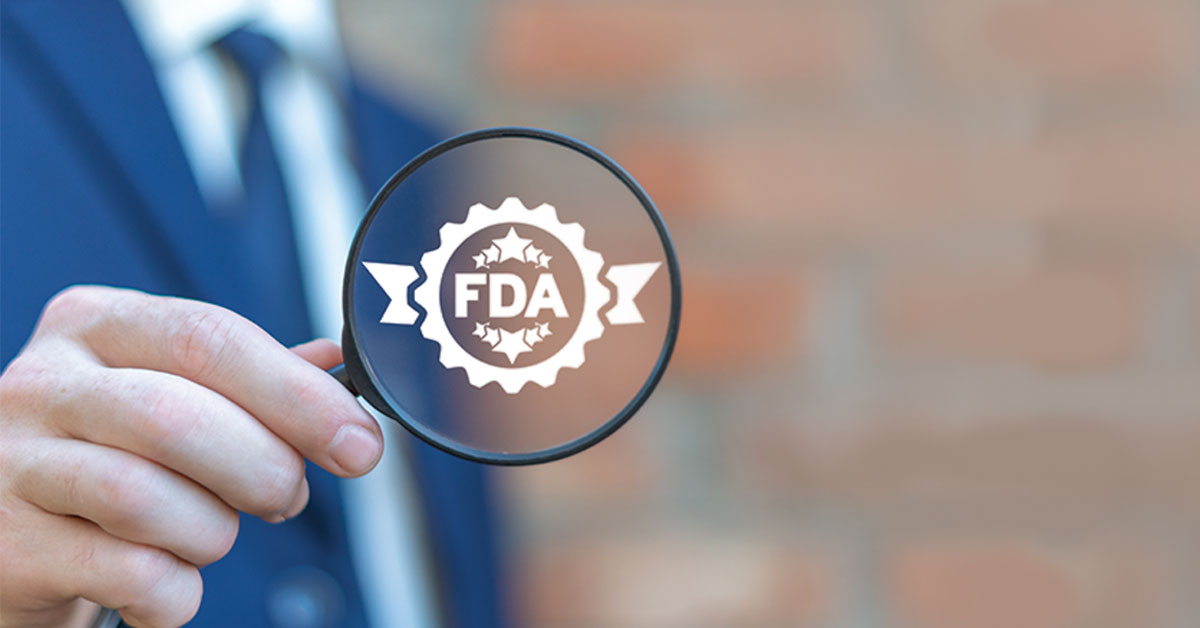


FDA Approval & Supplements
You may have seen disclaimers on supplement brands that say, “These statements have not been evaluated by the Food and Drug Administration.” That’s because the FDA does not have the authority to evaluate supplements. We’ll help you understand FDA approval for supplements and the federal agency’s role in protecting your safety when it comes to vitamins.
What Is the FDA?
The Food and Drug Administration (FDA) is the US federal agency that regulates certain food, drugs, cosmetics, and medical products. The FDA regulates about $1 trillion worth of products each year and employs over 14,000 people who inspect food and drug production.
The foods that you eat, the medicines you take, the cosmetics you use—most of these products get checked by the FDA for safety and efficacy. (The FDA does not regulate most meat and poultry products, which are regulated by the U.S. Department of Agriculture.)
Not all products are treated the same way: the FDA’s regulatory authority depends on the product category. For example, the FDA has more authority to regulate medicine, like pharmaceutical drugs, than it does the makeup you wear or the food in your kitchen.
FDA History and Origins
The FDA got its start back in 1906 after a decade-long push for the government to begin monitoring the safety of drugs sold in America. With the Industrial Revolution came large-scale production and distribution of foods and medicines across the country. Companies of all kinds made sweeping claims of their product benefits with hyped slogans, and consumers had very little idea of the ingredients contained in these products.
At this point, the federal government had limited involvement in the regulation of drugs and foods. Manufacturers took advantage, using additives to mask the taste of spoiled foods or expired meats. Some patent medicines added substances like morphine or cocaine to their products, which had no medical benefits to their customers aside from their euphoric effects.
American chemist Harvey Wiley led the movement for a regulatory agency that would monitor and regulate food and drug production, out of fear of public safety. The turning point arrived with Upton Sinclair’s publication of The Jungle, an eye-opening exposé into the disturbing conditions of America’s factories.
The federal government passed the 1906 Pure Food and Drug Act, which included the founding of the Food and Drug Administration to oversee the safety of goods. Although the FDA has received many criticisms over the last century, it has also had its successes in protecting public health.
What Is the FDA’s Role in the Supplement Industry?
The Dietary Supplement Health and Education Act of 1994 (DSHEA) defines the FDA’s authority in monitoring the supplement industry. The FDA regulates dietary supplements under a different set of regulations than “conventional” food and drug products.
What Is a Supplement?
Maybe you’ve taken vitamins like zinc or vitamin C to help get over a cold. Perhaps you use creatine to improve your workout performance. Or, you may take Ginkgo biloba, found in NeuroQ Memory & Focus, to think more clearly and boost brain health. All of these fall under the “dietary supplement” category according to the FDA.
The Dietary Supplement Health and Education Act of 1994 (DSHEA) defines the FDA’s authority in monitoring the supplement industry. According to the act, a “dietary supplement” is a product that enhances the diet, such as vitamins, minerals, herbs, amino acids, and enzymes. Supplements typically come in the form of tablets, capsules, soft gels, gel caps, powders, and liquids.
Are Supplements FDA Approved?
No supplements are FDA approved, but the FDA does still regulate them.
The FDA regulates dietary supplements under a different set of regulations than food and medicine. According to FDA regulations, the supplement manufacturers and distributors are responsible for the quality testing of their products.
The FDA also monitors the labeling and marketing of supplements. Dietary labels must include the name and location information of its manufacturer or distributor. The FDA can take dietary supplements off the market if found to be harmful or if it makes false or misleading claims about a product.
Some supplements are clinically proven to enhance health. They provide vital vitamins and minerals to help your body function at its best. They supplement your diet with important nutrients that you may not get from the foods that you eat. Although supplements have many health benefits, FDA regulations restrict brands from claiming to treat, diagnose, prevent, or cure diseases.
Supplement Safety Tips
- Follow the science. When shopping for supplements, look for clinical studies that review the efficacy of the ingredients.
- Do your research. Perform an online search of the brand to find any negative feedback or controversy around that supplement.
- Ask your doctor. When in doubt, talk to your healthcare provider about the safety of a product, especially if you wish to take the supplement for a health concern or with current medications.
- Tags: Featured


